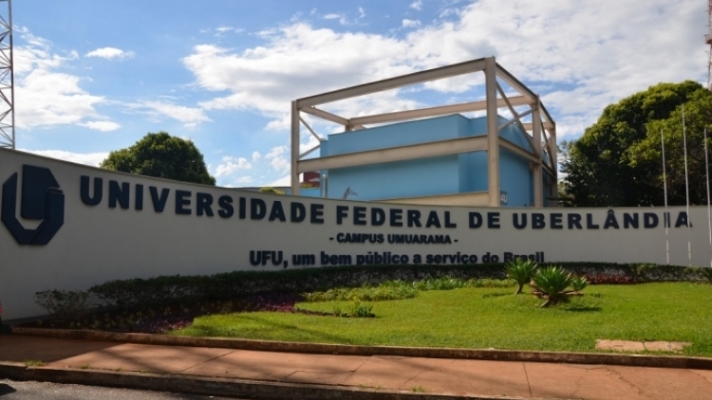The implementation of the Post-Graduation Program in Applied Immunology and Parasitology (PPIPA) of the Federal University of Uberlândia was recommended by CAPES on October 31st, 1991, in the Academic Master's modality, through the Legal Advice DAA/GTC/096/91 deliberated by the, then called Technical Advisory Group, which today corresponds to the Scientific-Technical Council of Higher Education (CTC-ES).
The Master's course activities began in the first semester of 1992, and, later, this course was recognized by the National Council of Education of the Ministry of Education (CNE/MEC), through Ordinance nº 490 of March 27, 1997.
The Academic Doctorate course was recommended by the CTC-ES in 2000, and the course's activities began in that same year. Both modalities were formally approved by the CNE/MEC in 2012 (Ordinance CNE/MEC nº 1077, of 08/31/2012, published in the Official Gazette of the Federal Government on 09/13/2012, section 1, page 25).
The renewal of recognition was approved by the Ministry of Education through Ordinance nº 609, published on 03/14/2019, based on CNE/CES nº 487/2018, issued by the Higher Education Chamber of the CNE/ MEC, published in the Official Gazette of the Federal Government on 03/18/2019, section 1, page 63.
Objectives:
To promote the formation of professionals with high academic level for the development of research related to Immunology and Parasitology, improvement of teaching, as well as the development of basic and applied scientific research, aiming at the diagnosis and solution of problems of regional, national and international interest, through the discovery of mechanisms of action for the development of technologies.
Mission:
To operate in the training of specialized human resources to autonomously conduct activities in the area of Applied Immunology and Parasitology, as well as in related biomedical areas. This Program's vision is to promote the creation of new research, teaching, extension, and innovation groups so that our postgraduate egress could develop various activities in different regions of the country.
Infrastructures
The program has a secretary to serve the academic personnel, faculty professors, students, and the general public. Currently, it has spaces for meetings, classrooms, and a defense room.
One of the most important units of complementary infrastructure to the Program is the UFU's Rodent Vivarium Facility (REBIR-UFU), which was formerly called UFU's Center for Biotherism and Animal Experimentation (CBEA). REBIR-UFU is located in Block 4U, Umuarama campus, with a total built area of 733.40 m2. This space is currently intended for breeding and experimentation with mice (Mus musculus) and rats (Rattus norvegicus).
As for the physical infrastructure of the laboratories where students and professors develop their activities, there has been a significant expansion in the last 4 years. Currently, the Program is linked to four Departments of the Institute of Biomedical Sciences, with the participation of 28 laboratories. The laboratories associated with the Program were awarded a series of small, medium, and large equipment that help professors and students with their activities.
